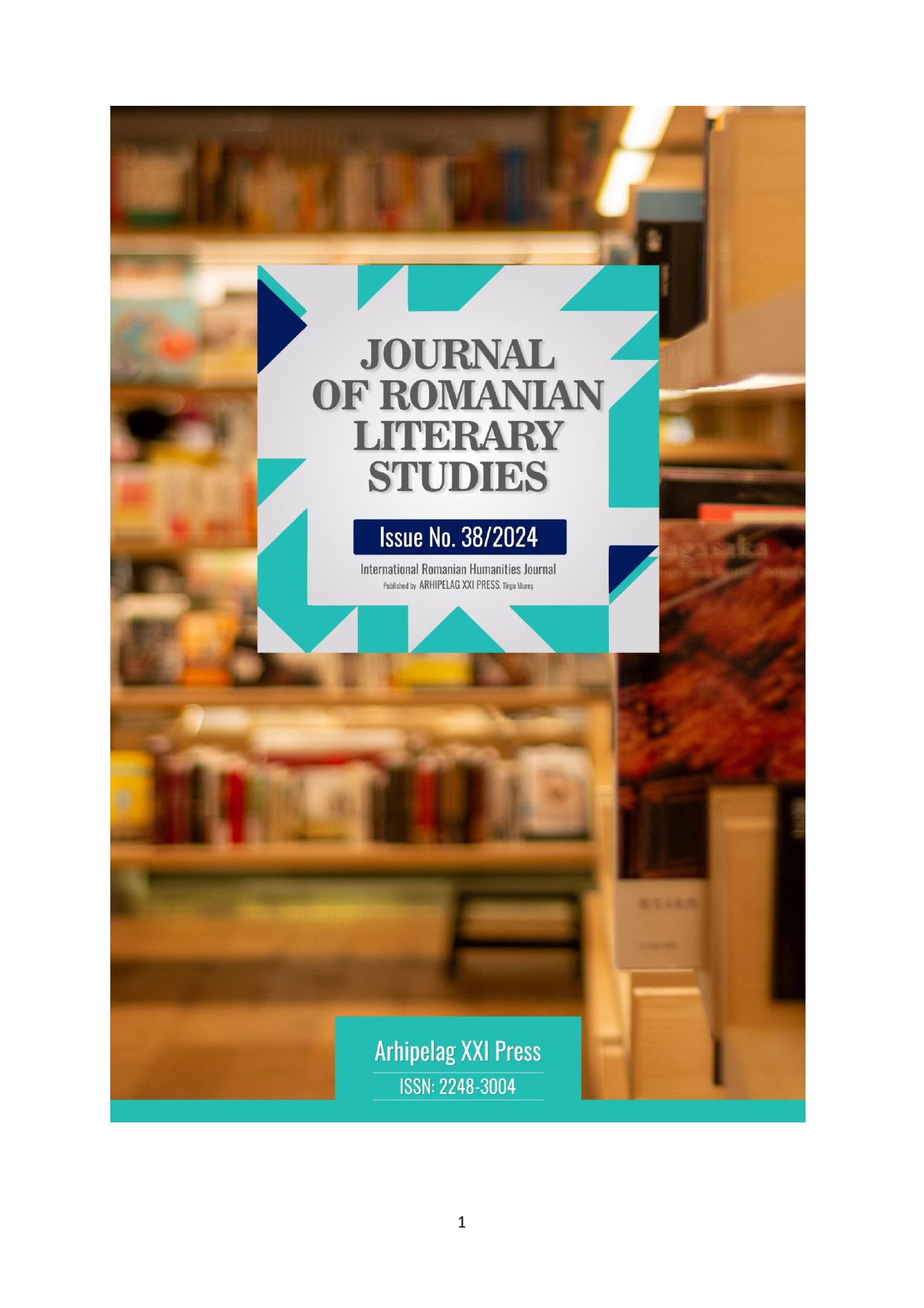CINNA OR LITERARY CRITIC OF THE FRENCH SOCIETY IN THE SEVENTEETH CENTURY
CINNA OR LITERARY CRITIC OF THE FRENCH SOCIETY IN THE SEVENTEETH CENTURY
Author(s): Paul-Cristian AlbuSubject(s): Cultural history, Social history, French Literature, Philology, Theory of Literature, Drama
Published by: Editura Arhipelag XXI
Keywords: revenge; honour; social injustice; crime; Classicism;
Summary/Abstract: I am writing this article because my intention is to present how the social injustice can be represented in literature in the seventeenth century. Toranius, Emily’s father, is the character who was killed by the Emperor Augustus. This drama is a projection of the social reality of the beginning of XVII century, a period who has a perfect correspondence to the rise of Absolutism of the Louis XIII and of the Richelieu government. The revenge has a central place in this playwork, because Emily wants to avenge his father’s death. His father had an honourable place in the Roman Empire society. In the first scene, I consider that Cinna, Emilie and Auguste have a key role, because they are showing their relationship with the past. The Emily’s dilemma is highlighted, because by the actions the main social character it is accelerated the events of the drama. Also, the conflict between the Emily’s love for Cinna and her hate against Augustus is highlighted to impose the political drama where Emily and Cinna are well integrated. I am using the technique of close-reading the Cinna book to better understand the role of this character in Corneille’s literary masterpiece.
Journal: Journal of Romanian Literary Studies
- Issue Year: 2024
- Issue No: 38
- Page Range: 517-524
- Page Count: 8
- Language: French

